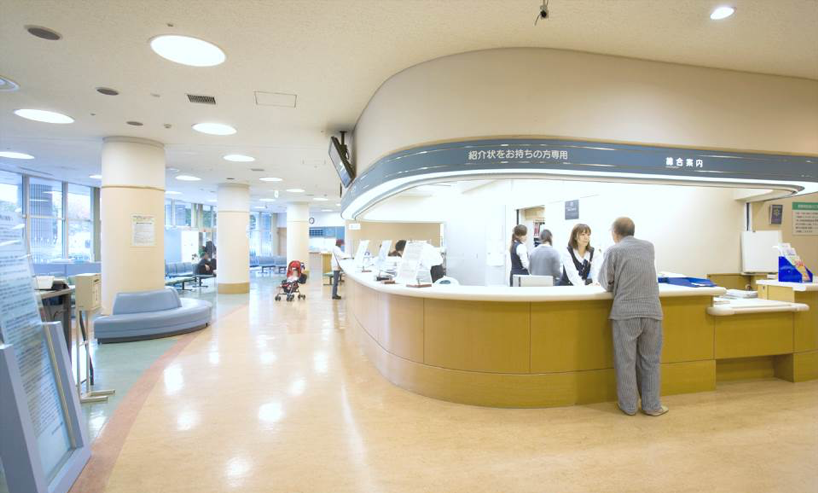
Jun
Lengthy Hospital Stays: High Quality Care or Over Servicing?

Many of our OS based clients are surprised to hear the average length of stays in Japanese hospitals is quite a bit longer than other developed countries. And naturally they want to know why?
The average hospital stay in a US or European hospital is 4 days while in Japan it is 13 days! This article seeks to explain the reasons for this difference and what if any benefits or drawbacks there are with such a system.
A clear example of the differences in length of hospital stays is with childbirth. Britain’s Duchess of Cambridge may have been out of hospital and in front of the world’s press just hours after giving birth to Princess Charlotte, but women in Japan can expect a much more generous postpartum hospital stay. While 24 to 48 hours is becoming the norm for a regular delivery in the West, the majority of Japanese mothers stay between 5 and 8 days. In general in Japan, it is considered that women need ample time to recover and rest from the rigors of childbirth as with many hospital procedures, but are there other factors at play here within the healthcare system influencing how long patients stay in hospital?
The Japanese healthcare system is one of the best in the world which goes someway to explaining why Japan has one of the longest life expectancies; along with diet, genetics, and everything else. But it is also one of the most expensive – an expense that successive governments have realized they can no longer afford. One area the government has been focused on in order to reduce costs is the hospital system and the average length of patient stays.
One reason hospital stays in Japan are longer comes down to the conservative nature of healthcare in general. Doctors are reluctant to send patients home until they are fully recovered and patients are similarly reluctant to insist on going home until they are in tiptop shape. And with universal coverage the expense to the patient for hospital stays is much lower than in most other developed countries so cost is not a disincentive to patients to stay longer.
However, a lesser mentioned reason for prolonged hospital stays is the relationship between government compensation to hospitals and length of patient stays. Simply, the longer a patient stays in hospital and the more procedures a hospital performs like MRIs and X-rays, for example (we are not suggesting operations are performed for financial benefit) the more money the hospital receives from the government. So in some ways hospitals are incentivized to keep patients longer.
An interesting bi-product of this compensation system is the relationship between the number of available beds at any one time and the length of patient stays at that time. The less beds available the less time a patient stays in hospital. And conversely, the more beds available the longer patient stays tend to be. Now we don’t want to be too cynical of hospital administrators, but one would think there would be a more consistent set of guidelines that influence that patient stays are more consistent irrespective of the percentage of beds available.
And with no cap on costs the government is willing to cover (for now), any reduction in hospitals and hospital beds is not on the agenda which is one reason Japan has 2 times more hospitals and inpatients and 3 times more hospital beds than most other developed countries. But what is wrong with such a system if patient outcomes are better and the government is willing to pay?
Well with an aging population and lower tax revenues from a shrinking workforce it is unlikely the government will be willing to increase expenditure on healthcare. But a stronger argument for making this system more efficient is the pressure longer patient stays has on doctors working within these hospitals. They are put under considerable strain seeing patients and administering care and are in many ways overworked and underpaid compared to their western counterparts. Which puts into question whether patient outcomes actually are better with overworked doctors working such long hours and performing more procedures.
Many overworked and underpaid doctors feel the urge to leave the hospital system and set-up smaller general clinics which also means they pass on the opportunity to specialize which can only happen with longer hospital based experience. Japan has an ER crisis not because of the large number of patients seeking or needing emergency care, but because of the shortage of specialists available to work in emergency rooms – a problem which has been laid bare within the current COVID environment.



Sorry, the comment form is closed at this time.